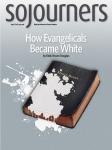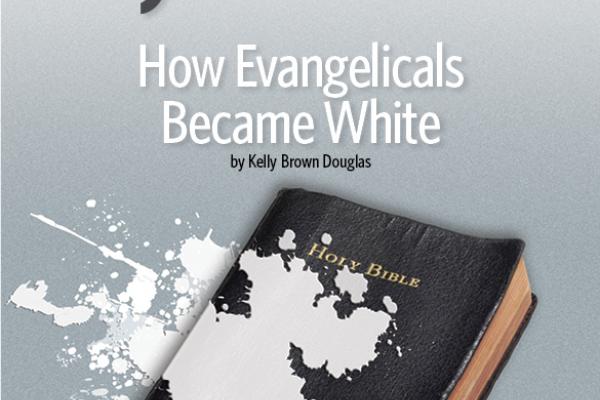IN THIS ISSUE, Victoria Newton Ford writes about Ava DuVernay’s forthcoming movie adaptation of Madeleine L’Engle’s bestselling fantasy novel A Wrinkle in Time. As in the book, Meg Murry travels through time to find her missing father. But DuVernay, who also directed Selma (2014) and 13th (2016), adds a twist. In the film, Meg and her brother, Charles Wallace, are black. For Ford, this delivers something the novel cannot: “a hero of the universe who, in our current political space and time, is afforded the least agency.” In other words, writes Ford, “Meg is an angry black girl.”
A film that depicts a black protagonist—in all her fury, pain, and love—is especially radical, Ford explains, because America has continually “sought to conscript ... black [women] into a toolbox for the country’s deliverance.” She points to the political heroization of Oprah, Michelle Obama, and the black women voters in Alabama who defeated Roy Moore’s senatorial bid.
But when we demand that black women be saviors, it lets the people Katherine Webb-Henn describes as “politically apathetic Christians” off the hook. In “Faith and the Apathetic Voter,” Webb-Henn reports a disturbing trend: people of faith, like the guy who owns her local coffee shop, who choose to simply opt out of the political process “because no one candidate or platform neatly marries to his religious principles or community-approved ethical code.”
This poses a serious question: “If our beliefs paralyze us from participating in the systems affecting us all,” writes Webb-Hehn, “if they blind us from the ways these systems have power to harm or help our neighbors, then what good are they?” An important thing to consider, we think, as we approach this year’s midterm elections.

Got something to say about what you're reading? We value your feedback!
